Description
Caring for your Monstera Ginny
Light
This plant prefers bright indirect light and can also tolerate lower light conditions. Placing it near east or west-facing windows is usually ideal. Take special care in not putting it under direct sunlight. Not only it will burn the leaves and cause browning, but it could also dry out the soil too fast. In low light conditions, a growth light can assist in meeting the plant’s needs.
Water
Regular watering supports growth but it is sensitive to overwatering, which can lead to root rot. It is best to allow for the top inch or two to dry between watering. This is about once a week in the warm months, and a lower frequency (every other week) during winter months. A good way to determine the need for watering is to use a moisture meter, especially to distinguish when to water as the seasons change. It is also important to consider the type of pot and the amount of light it receives. If placed very close to a window or if using a terracotta pot, you may need to water more often, as it will dry out faster. Conversely, placing it in lower light conditions or in a glazed ceramic pot would keep moisture longer, thus needing less frequent watering. Water thoroughly but do not let it sit in water. Discard any water left on the saucer to prevent root rot.
As a tropical plant, it prefers higher humidity and warmer temperatures but it can tolerate standard humidity as well. It will appreciate a humidifier close by or the proximity to other plants. This is particularly key during winter months, where the humidity is low. If the temperature drops below 55 F, it is advisable to bring indoors.
Soil
It prefers well-drained soil mixes such as cactus potting mix. Also you may use regular potting soil and mix in perlite or sand for aeration. It is important to use well-drained soil to avoid root rot. Fertilize monthly during growing season, but avoid harsh fertilizers as the root system is very sensitive and can burn. All purpose fertilizers will work but preferably balanced, organic options.
Pests and Diseases
The most common pests that could infest your plant are spider mites. You may spray with NEEM oil. Take care of doing it outside and avoid contact of NEEM oil with the skin.

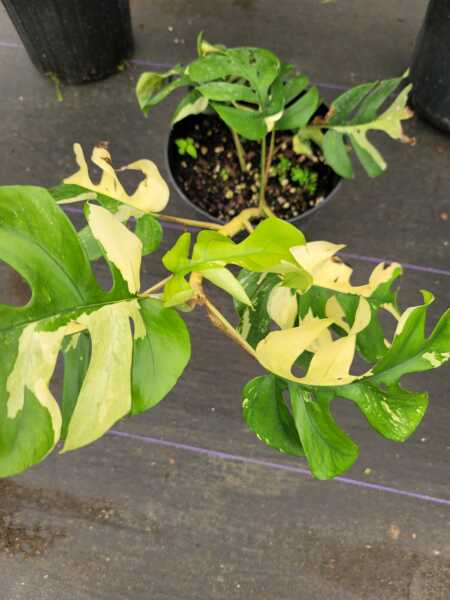
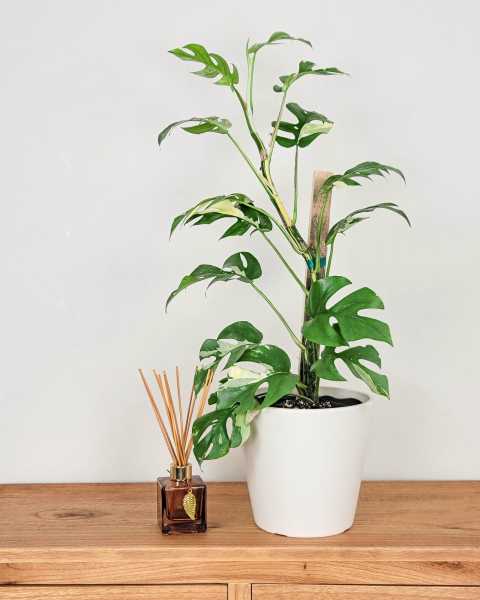
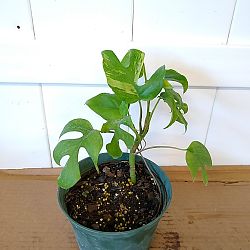
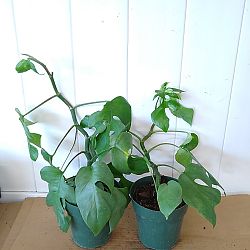
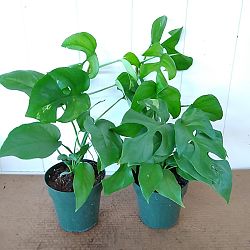
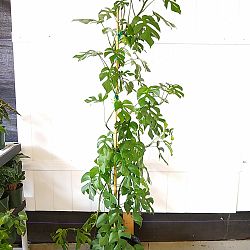
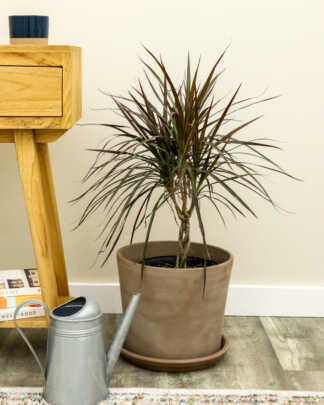
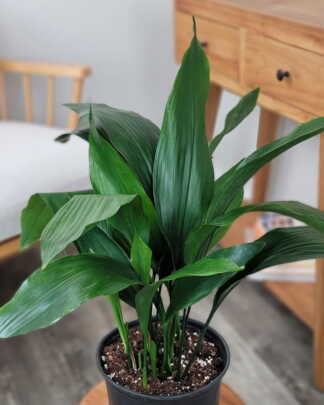
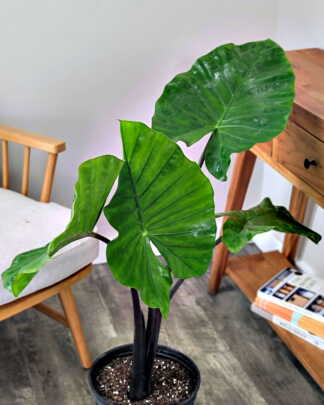
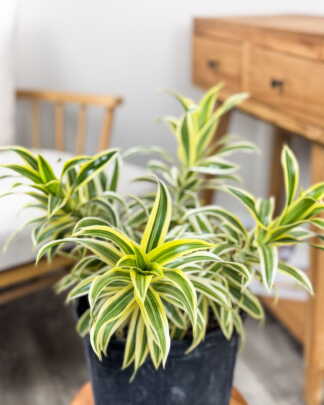
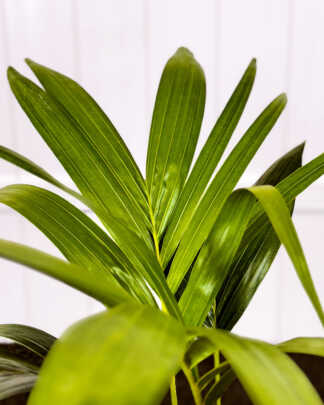


Reviews
There are no reviews yet.